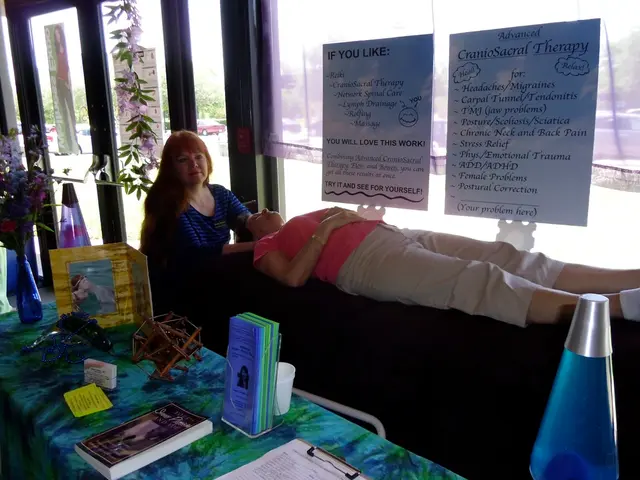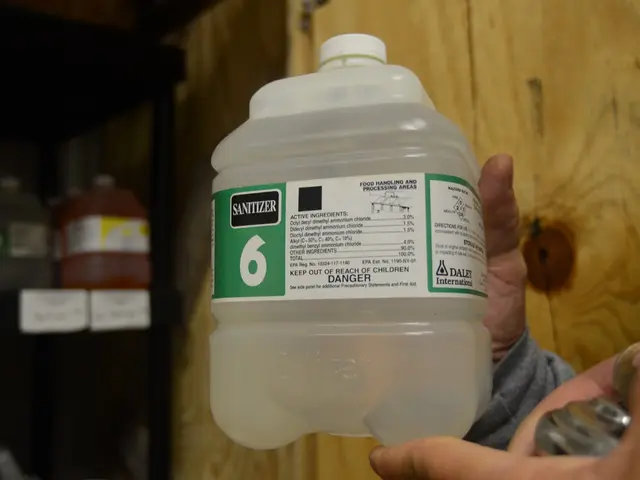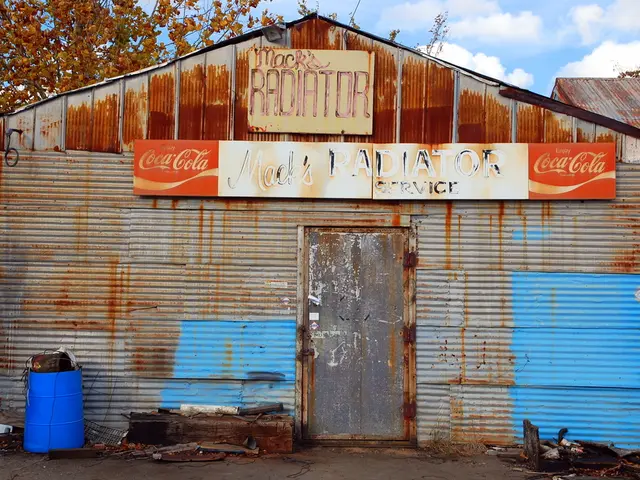The most disheartening moment comes when the daylight emerges.
In 2017, at the age of 25, our anonymous subject held a prestigious position at a bank, maintaining a stable relationship, friends, and supportive parents. This ordinary life took a sinister turn when evenings with friends morphed into regular alcohol consumption, paving the way to drug abuse.
He started with beer, but soon needed something stronger. Vodka became his solace, and when even that no longer offered the desired effect, he turned to synthetic drugs such as cocaine, mephedrone, "speed," and MDMA. His social circle shifted towards those who shared his new, dangerous obsession.
The allure of drugs seemed romantic, a departure from mundane drinking. Work became an obstacle, and relationships with loved ones grew irrelevant. He found creative ways to bypass work with drugs and exploit those in need of a fix, using drugs as currency to pay for services.
The downward spiral continued until he was consuming up to 10 grams of drugs daily. The point of no return came when the amount needed to achieve the desired high started increasing. He had reached a level of addiction where even the ethical implications were secondary to the desire for his next high.
His addiction led him to crimes such as taking loans in others' names and manipulating them in their moments of desperation. The fear he instilled in others is best described as the terror of a smart addict who uses their intelligence to fuel their addiction.
Eventually, his lifestyle caught up with him when the police raided a party at his apartment, resulting in his arrest. He was sent to rehabilitation by his parents, who had grown concerned about his erratic behavior.
Rehabilitation was not easy. The detox process was brutal, and he was subjected to a rigid schedule with a series of tasks aimed at breaking his dependence on drugs. He struggled with denial and found comfort in rejoining the "system." After six months, he was released, but the road to sobriety was far from over.
He realized that to stay clean, he needed to find joy in life without the aid of drugs. He learned to appreciate the simple pleasures, understanding that without drugs, he was free to live a fulfilling life. He now works as a video game developer at an international company, is married, has made new friends, and found a hobby. He has been clean for five years.
For those battling addiction in Kazakhstan, there are several organizations offering help. These include the National Helpline, "Kazakhstan Without Drugs," the Almaty Mental Health Center, as well as religious establishments such as mosques and churches. Professional therapeutic methods such as Cognitive Behavioral Therapy, Motivational Interviewing, Rational Emotive Behavior Therapy, Dialectical Behavior Therapy, Contingency Management, and support programs like SMART Recovery have shown success in aiding recovery.
In times of need or for those seeking resources, the Substance Abuse and Mental Health Services Administration’s National Helpline provides confidential 24/7 support.
Science can play a significant role in the development of effective treatments for mental health, providing a pathway towards recovery for those struggling with addiction. Mental health and wellness are essential components of overall wellbeing, and understanding the underlying causes of addiction can lead to improved health outcomes.





